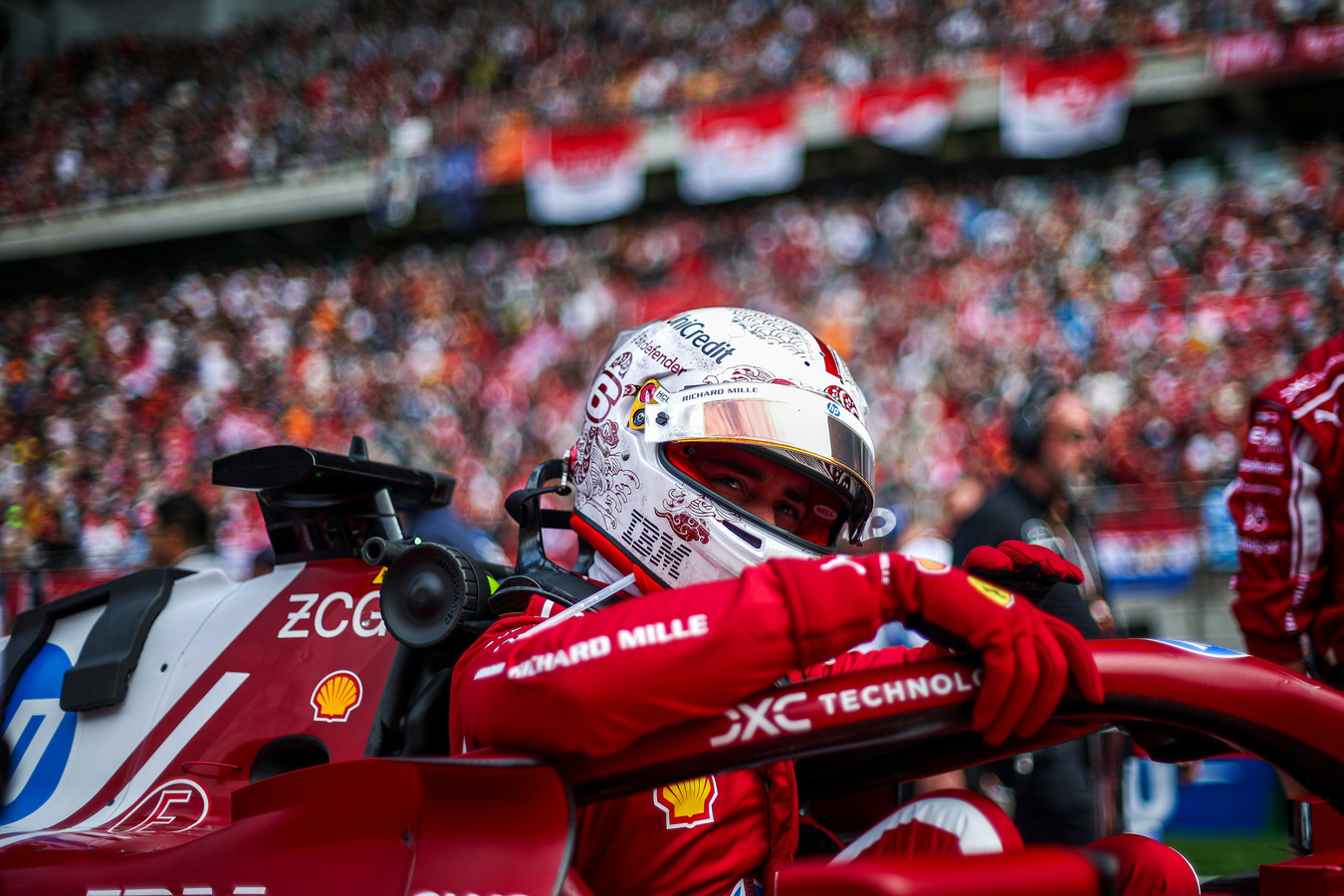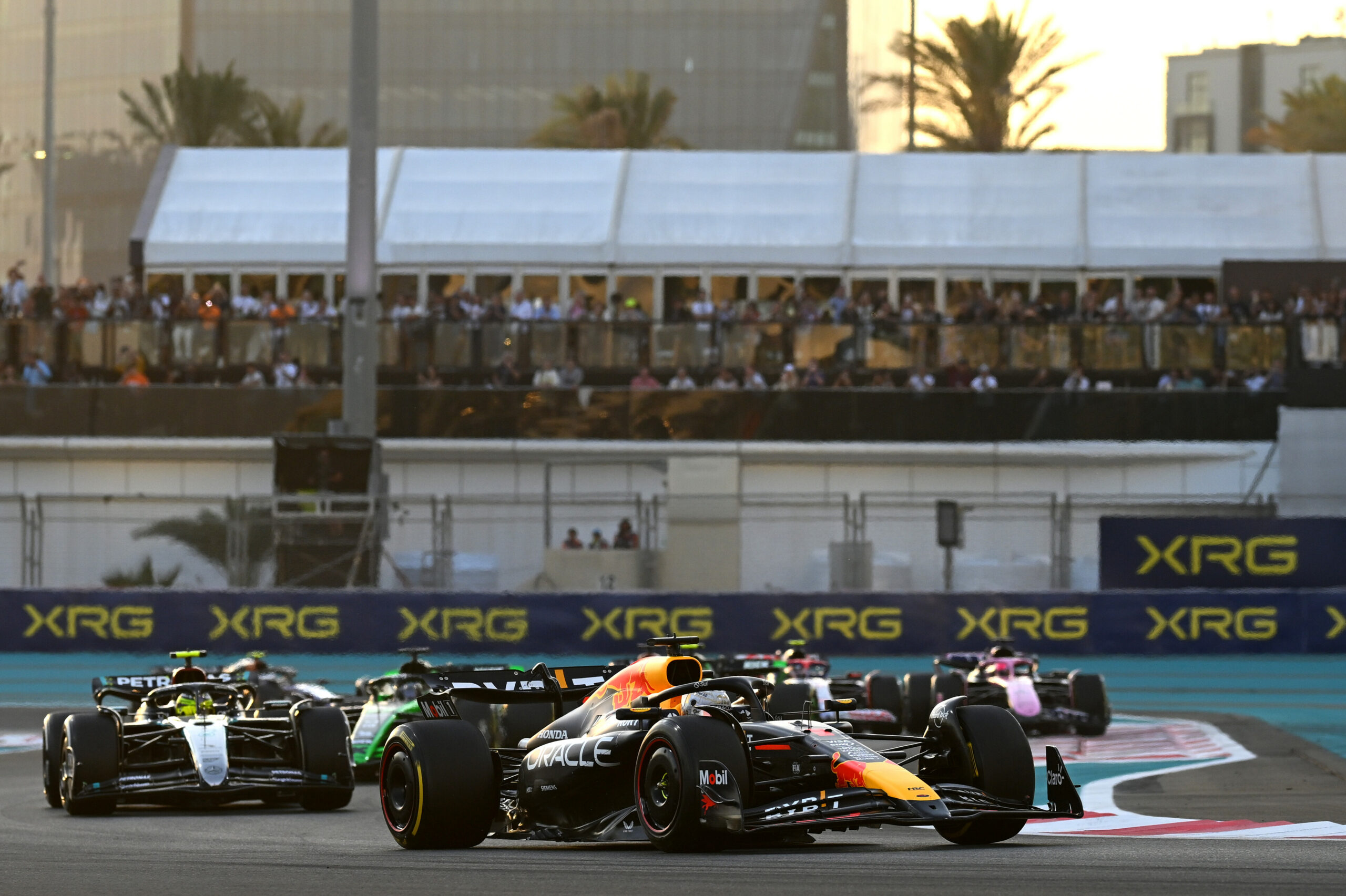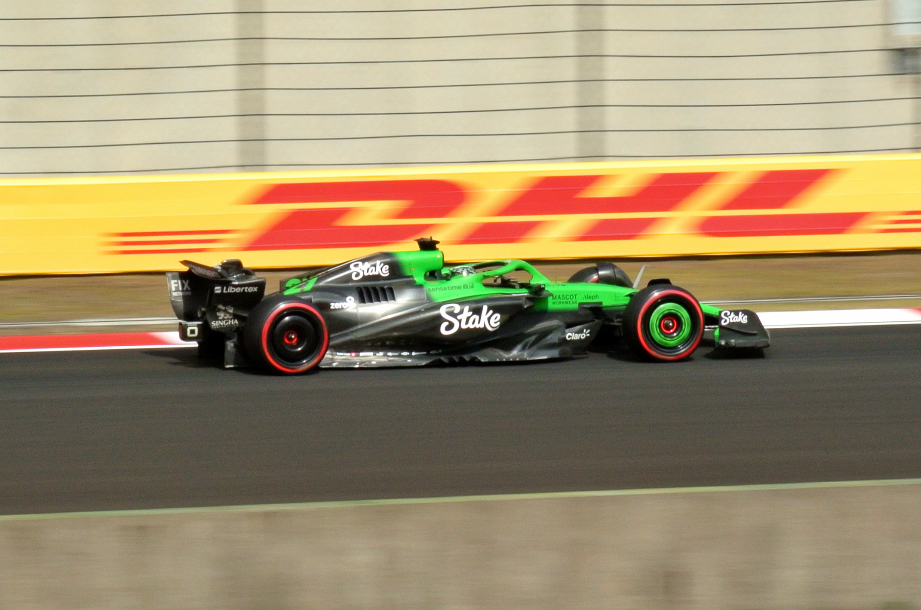The first half of the 2023 Formula One season has brought a fresh set of challenges to Scuderia Ferrari, and their Spanish racing prodigy, Carlos Sainz Jr.

Photo credit: Scuderia Ferrari
As the F1 grid prepares for this weekend’s race at Spa-Francorchamps, the sprint returns for the third time in 2023. This has brought excitement and nervousness to the paddock with the weather forecasted for the next three days. Sainz has acknowledged this new challenge, stating that “everyone is” venturing into the unknown this weekend.
With a significantly shortened time slot for practice sessions, and the sprint race determining the final grid lineup for the main race on Sunday, Sainz highlighted the challenges that this weekend presents, noting that the Belgium circuit is “one of the most difficult tracks to set up a car.”
The Spanish driver highlighted that the nature of the sprint weekend is not only a demanding task for the drivers but challenges the adaptability of the entire team, affecting the final set-up of the car.
“They give us only 60 minutes and it will probably be wet. So, we will not even know how to set up the car if the race is dry on Sunday.
“They’ve chosen quite honestly a very tricky circuit to go for a sprint. It’s spectacular because I think it could offer some good racing. But also tricky from the setup and preparation point of view.”
Despite Ferrari currently holding fourth position in the Constructor Standings, a far distance from their rivals, Sainz noted how the team are relentless in their efforts to progress the car. Similarly, to last season, the team has suffered from continuous problems with the car, with Sainz noting the SF-23’s sensitivity on track.
“It’s just very unfortunate that the car was born with some characteristics that make us very sensitive to track conditions, to track characteristics, to temperatures, winds, etc.”
Sainz explained that the team is unfortunately stuck with the car’s sensitivity, despite the continuous progress and updates to the car that they undertake.
“Because of that, it doesn’t matter how much progress you do over the season… you’re still going to be very sensitive to these things.”
Despite the undesirable qualities within the SF-23, Sainz revealed that the team is continuously making positive steps. He claimed that the significant progress within the other teams does not undermine the inner workings of the Ferrari workforce.
“Honestly, I feel like we’ve made quite a bit of progress.
“It’s just that there’s a team or a couple of teams out there, like McLaren and Mercedes, that are doing very big progress, and it makes it look like you might not have done as much.”
He continued, noting that within previous race weekends, for example, Canada or Austria, the Ferrari team appeared as if they were the second quickest team and made progress. Contrastingly, after a few slower weekends, it looks as if this progress has faltered.
Sainz noted that this pattern “goes by cycles” and that the team “will need to look at the average of the season to evaluate how well we’ve done.”
Looking to the future, and 2024’s 24-race line-up, the team’s will revolutionise the performance, and design once again. Despite the team pushing “flat out” in the factory to work on next year’s car, Sainz spoke about the effect that the 24-race calendar will bring, alongside the F1 cost cap rules.
“It’s quite tricky, especially in (the) budget era, it’s quite tricky to suddenly change everything.
“But the direction’s been given, and we are now back in the factory, in the simulator developing that car, and trying to make amends to what we did this year.
“I’m confident that it’s going to be better, but I’m pretty sure everyone is also going to make a pretty big step next year again, so we just need to focus on ourselves.”




